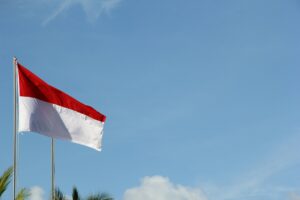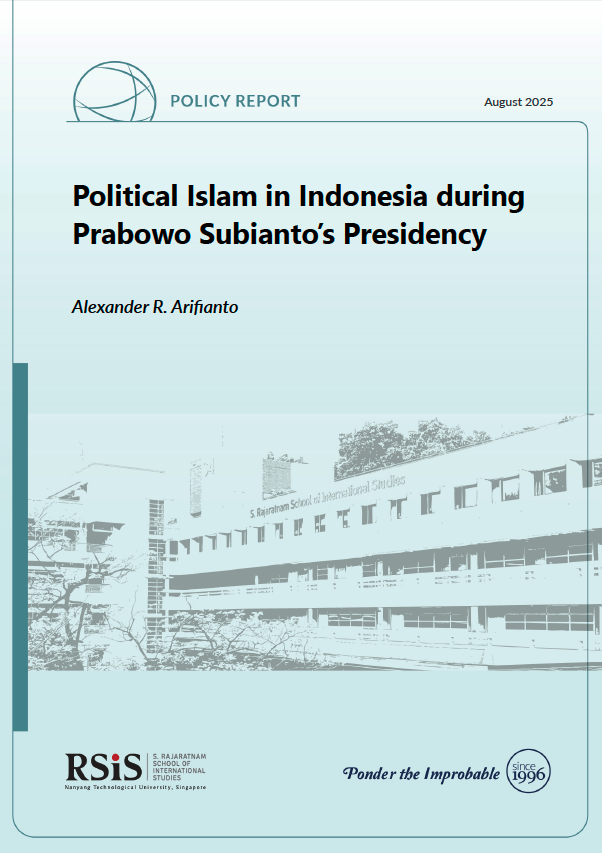05 August 2025
- RSIS
- Publication
- RSIS Publications
- Political Islam in Indonesia during Prabowo Subianto’s Presidency
Executive Summary
Political Islam in Indonesia underwent a major shift at the beginning of Prabowo Subianto’s presidency. During the 2010s, it was characterised by fierce competition between multiple Islamic parties and groups, and by ideological and political polarisation. However, by 2025, these had given way to a new period where major Islamic organisations and parties – represented by Nahdlatul Ulama (NU), Muhammadiyah, and the Prosperous Justice Party (PKS) – all have become members of Prabowo’s large political coalition.
This report analyses why these three groups have decided to align themselves with the new administration. It finds that while NU has a long history of aligning itself with whichever president is in power, Muhammadiyah and PKS have realised that they needed to be part of the Prabowo administration to protect their institutional interests and gain access to state resources in order to retain their influence as a religious organisation and a political party, respectively.

Executive Summary
Political Islam in Indonesia underwent a major shift at the beginning of Prabowo Subianto’s presidency. During the 2010s, it was characterised by fierce competition between multiple Islamic parties and groups, and by ideological and political polarisation. However, by 2025, these had given way to a new period where major Islamic organisations and parties – represented by Nahdlatul Ulama (NU), Muhammadiyah, and the Prosperous Justice Party (PKS) – all have become members of Prabowo’s large political coalition.
This report analyses why these three groups have decided to align themselves with the new administration. It finds that while NU has a long history of aligning itself with whichever president is in power, Muhammadiyah and PKS have realised that they needed to be part of the Prabowo administration to protect their institutional interests and gain access to state resources in order to retain their influence as a religious organisation and a political party, respectively.






